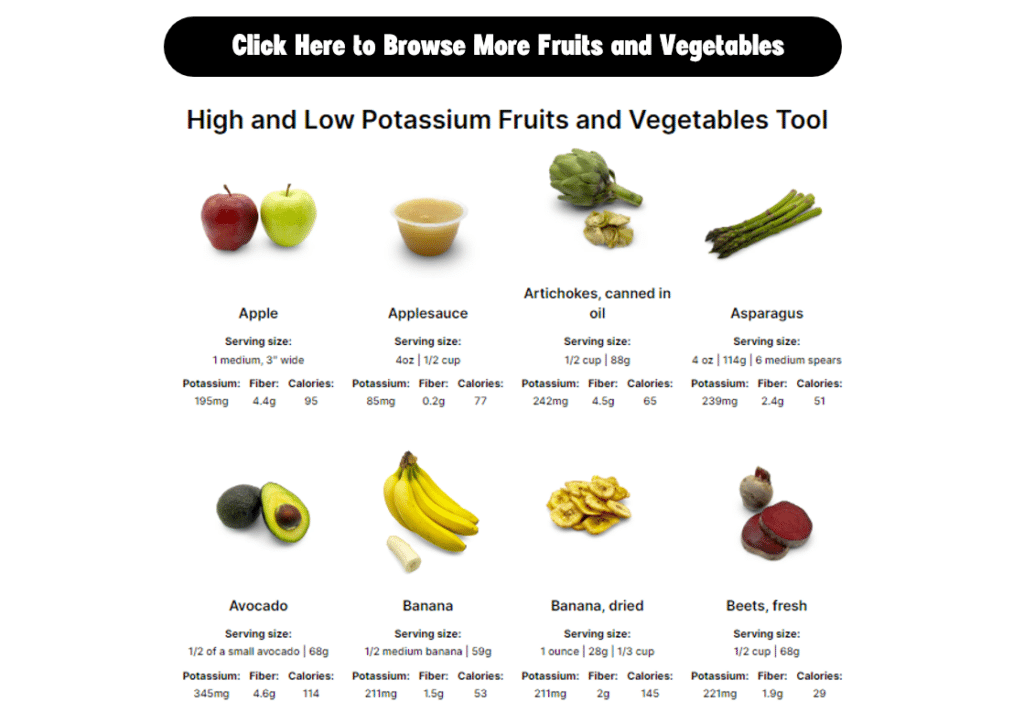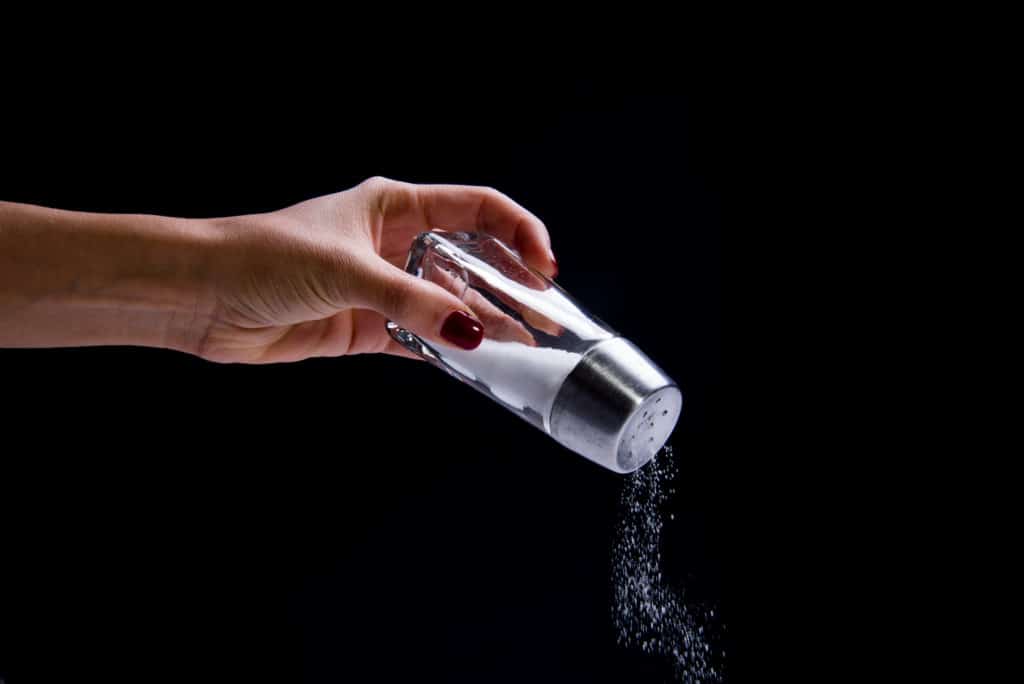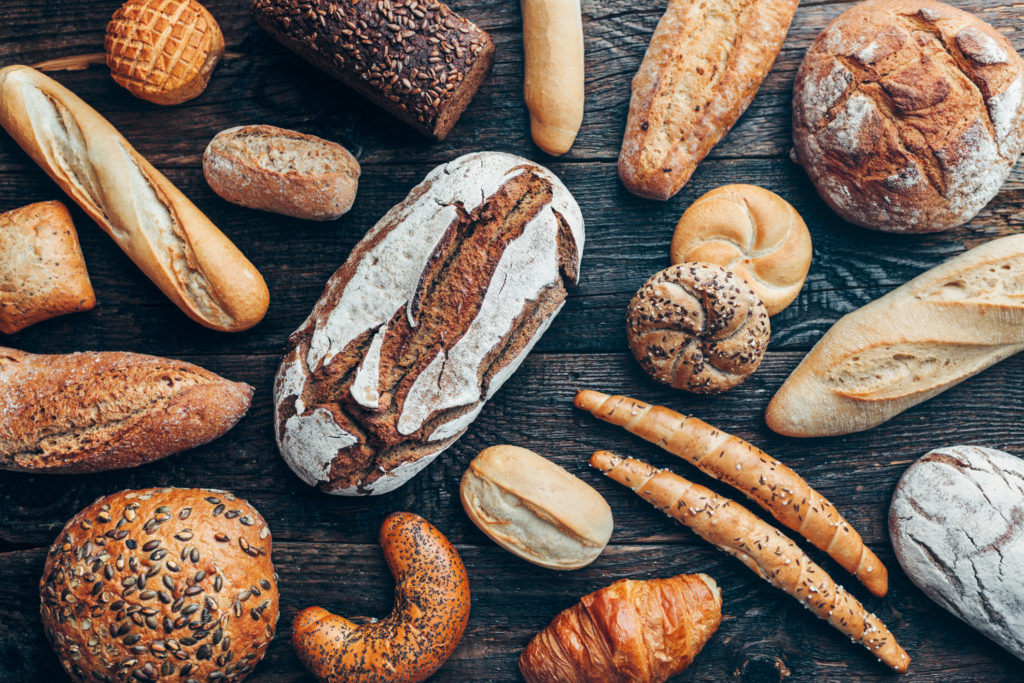Table of Contents
Are apricots good for kidneys?
Yes, apricots are rich in antioxidants, fiber, and vitamins that are beneficial to people with kidney disease.https://kidneyfoodie.com/potassium-product/are-apricots-good-for-kidneys/
This post may contain affiliate links through which we may earn a small commission to help keep this website free.
Are apricots high in potassium?
One half cup of apricots contains 181mg of potassium making it a low potassium fruit.
However, dried apricots are considered a high potassium food. Dried apricots are much more concentrated than fresh apricots. One ounce of dried apricot contains 329mg of potassium. Also, many dried apricot products contain added potassium.
Most kidney professionals consider a vegetable to be high potassium if it contains more than 200mg of potassium per serving.
If you have kidney disease, you should not restrict your intake of fruits and vegetables because of potassium content unless instructed by your kidney dietitian or healthcare provider. Many people who have kidney disease do not need to restrict their intake of potassium. There are many other factors that could cause you to have high potassium levels that are not related to the food you eat. You can learn more about potassium and kidney disease through our courses.
Are apricots high in phosphorus?
No. One half cup of apricots contains about 16mg of phosphorus. The phosphorus found in apricots is natural and poorly absorbed by the body, so it is considered a low phosphorus food.
For more information about phosphorus and kidney disease, check out our youtube video.
Are apricots high in oxalates?
No, apricots are generally considered low oxalate fruits, however we have been unable to locate a specific study.
Oxalates are naturally occurring compounds found in many foods. When consumed, oxalates can bind with calcium in the body to form crystals, which can contribute to the formation of kidney stones in some individuals.
Kidney stones are hard deposits that form in the kidneys when there are high levels of certain substances, such as calcium, oxalate, and uric acid, in the urine. The most common type of kidney stone is calcium oxalate stones, which are formed when calcium and oxalate combine in the urine.
While oxalates are present in many foods, not everyone who consumes oxalates will develop kidney stones. Factors such as individual susceptibility, overall diet, and lifestyle choices play a role in kidney stone formation.
The highest oxalate fruits and vegetables are spinach, rhubarb, and swiss chard. However, it’s important to note that the mere presence of oxalates in food does not guarantee kidney stone formation. If you are not prone to developing kidney stones, then there is no reason to avoid foods that are high in oxalate.
What are the benefits of apricots?
- Apricots contain vitamins and antioxidants. Antioxidants consumed through fruits and vegetables are considered to have protective effects against many chronic diseases.
- Apricots contain fiber. The fiber content helps prevent constipation and supports a healthy digestive system. Avoiding constipation is an important way of helping maintain good potassium levels.
- Research shows that a low intake of fruits and vegetables is associated with an increased risk of developing kidney failure in people with kidney disease (as well as those who don’t have kidney disease.
Healthy ways to eat apricots
- Fresh Apricots: Eating fresh apricots is a simple and nutritious option. Wash them thoroughly and enjoy them as a standalone snack or add them to fruit salads for a burst of sweetness.
- Dried Apricots: Dried apricots are a convenient and portable snack. However, keep in mind that they are higher in sugar, calories, and potassium than fresh apricots due to the removal of water content. Enjoy dried apricots in moderation, as part of a balanced diet.
- Smoothies: Blend fresh or frozen apricots into smoothies with other fruits and vegetables for a nutrient-packed drink.
- Salads: Add sliced apricots to salads for a touch of sweetness. They pair well with greens, goat cheese, nuts, and a light vinaigrette dressing.
- Apricot Salsa: Create a unique and flavorful salsa by combining diced apricots, tomatoes, onions, jalapeños, lime juice, and fresh herbs.
High and Low Potassium Fruit and Vegetable Tool
Looking for more information on other kidney friendly fruits and vegetables? Check out our Fruit and Vegetable Potassium Tool.



